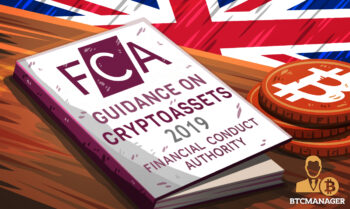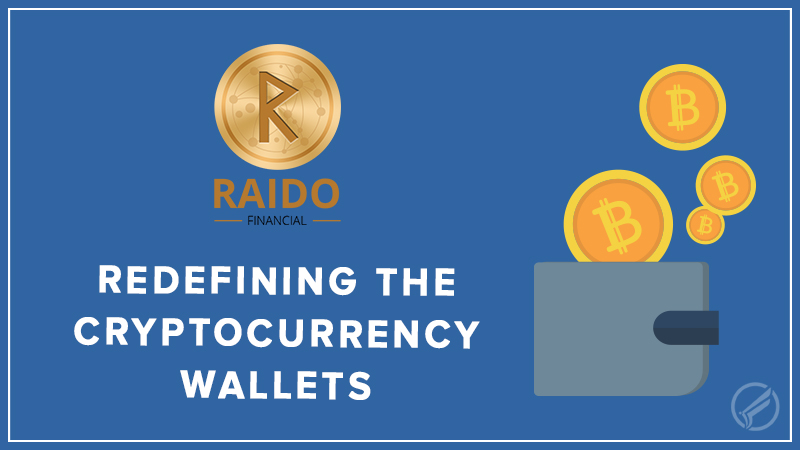2021-6-30 20:44 |
Centralized Finance (CeFi) is the fundamental model of the traditional financial ecosystem, which comprises stakeholders such as monetary oversight bodies, regulators and financial institutions. As such, all these stakeholders work in collaboration towards sustaining sound financial markets.
Despite its value proposition in traditional finance, the CeFi model has come under constant criticism due to its centralized nature. One of the shortcomings of this model is reliance on human power to make decisions for a larger population. For instance, the U.S federal reserve can decide to lower or hike interest rates without much public consultation. While it may be in the public’s best interest, some decisions made by monetary authorities are largely unpopular.
Furthermore, central authorities are notorious for using their control over systems to stamp out rivals or threats. This can be seen in the crypto industry, where authoritarian governments have an easier time cracking down on market operations or passing laws that limit innovation. In most cases, the authorities claim to be acting in the consumers’ interest, which might be true, but some simply protect their control over market operations.
The Risk of Third Parties in Financial EcosystemsMoving away from the oversight bodies, we have financial institutions that provide services such as loans, insurance and fund investing. These financial vehicles act as third parties by enabling consumers to access market services. In doing so, they bridge the gap of financial inclusion, although not completely.
While third parties pose significant risks to the existing market systems, the risk is even more significant in nascent ecosystems like the crypto industry. For example, prominent crypto exchanges such as Binance and Coinbase have had to halt transactions in recent months as their systems were overloaded. During these times, crypto investors and traders had to bear the risk of their assets losing value and not being able to sell.
It is also quite noteworthy that crypto exchanges follow stringent KYC/AML measures to comply with the underlying CeFi architecture. While it may be a positive approach for their regulatory risk mitigation, it is a significant hurdle towards the growth of crypto as most countries are yet to adopt proper regulations.
Given this situation, it comes as no surprise that many crypto enthusiasts are shifting to decentralized ecosystems and trading on decentralized exchanges (DEXs) instead of CEXs.
What are Decentralized Exchanges (DEXs)DEXs became popular with the rise of Decentralized Finance (DeFi), an emerging crypto niche that seeks to decentralize financial services. Currently, there exist DeFi protocols that offer services ranging from lending and borrowing, exchanges and market instruments, including Bitcoin derivatives. The space gained popularity throughout 2020 as DeFi projects launched governance tokens and yield farming programs.
Today, we have multiple DEXs where crypto users can seamlessly trade without giving up their details to centralized exchanges. Ideally, DEXs are designed as decentralized platforms, which means that no central parties are involved. Instead, these applications rely on blockchain networks and smart contracts for execution.
Some of the advanced DEXs are now going to the extent of providing direct access to multiple digital exchanges. One such platform is the OrionProtocol which allows users to view offers across various exchanges. This DeFi protocol simplifies trading by integrating an all-in-one ecosystem where crypto investors and traders can execute their orders.
In addition, the OrionProtocol allows anyone to start buying crypto-assets like Bitcoin and Ether without providing any KYC documents. Instead, users only need a wallet address, and in a few clicks, they can purchase the crypto of their choice.
Closing ThoughtsThe traditional financial market infrastructure remains a fundamental pillar of today’s market and future innovations such as DeFi. However, a few improvements or changes need to be made to be compatible with the digital ecosystem era. This will require the collaboration of stakeholders, including crypto innovators, regulators and prospective consumers. So far, some progress has been made, but it may take time before decentralized markets are fully adopted across the globe.
origin »Bitcoin price in Telegram @btc_price_every_hour
Formosa Financial (FMF) на Currencies.ru
|
|



















